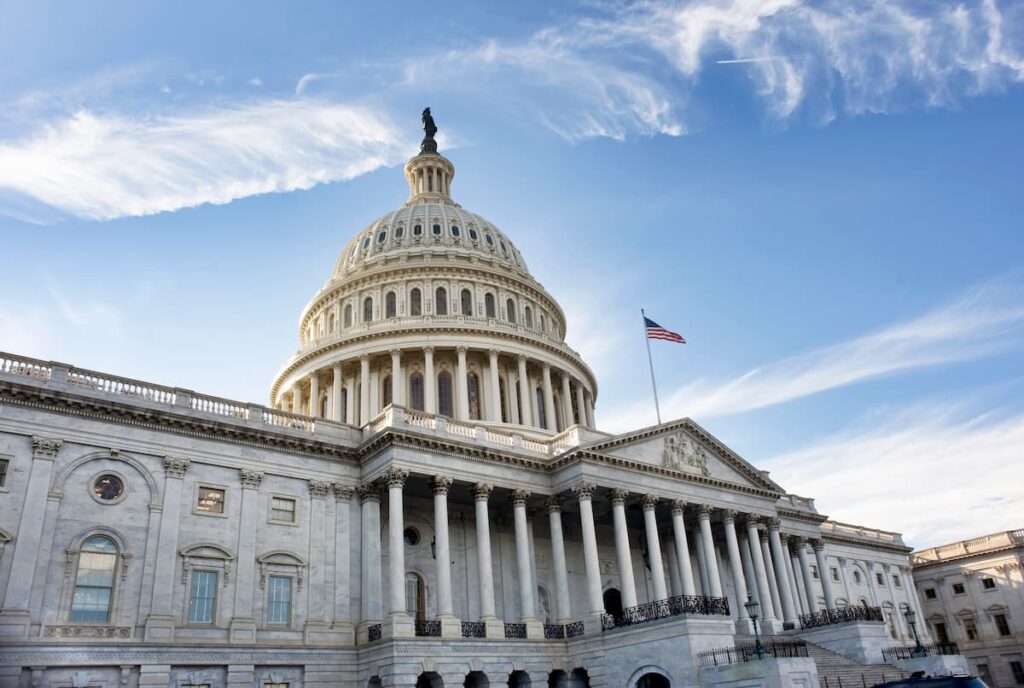Congress Moves to Redefine Map Policy on Taiwan
In a significant legislative development, the U.S. House of Representatives has approved a measure that directly challenges China’s territorial claims over Taiwan. Through the inclusion of the “Honest Maps” amendment in the upcoming Department of Defense Appropriations Act, lawmakers have taken a firm stand to redefine how Taiwan and its neighboring islands are depicted on official maps.
The amendment blocks the Pentagon from using any funds to create, purchase, or display maps that represent Taiwan and surrounding islands—Kinmen, Matsu, Penghu, Wuciou, Green Island, and Orchid Island—as part of the People’s Republic of China. The goal is to ensure that maps used or endorsed by the U.S. military reflect what lawmakers assert is geopolitical reality.
This measure is part of a broader effort by Congress to align U.S. defense policy with its support for democratic allies in the Indo-Pacific region, particularly Taiwan, whose strategic relevance continues to grow amid rising tensions with Beijing.
Reinforcing Taiwan’s Status Through Defense Legislation
The amendment follows previous legislative steps taken by the House in similar contexts. It is designed not just to correct cartographic representations, but to underline a broader political stance that rejects Beijing’s narrative. By preventing the Department of Defense from recognizing Taiwan as part of China on official materials, the U.S. sends a message about its stance on sovereignty and democratic governance.
Lawmakers backing the measure emphasized that Taiwan operates as a fully autonomous government. It elects its leaders, maintains its own military, and independently manages trade and foreign relations. In this light, depicting Taiwan as Chinese territory, even symbolically on a map, is seen as contradicting the country’s current reality.
While the amendment doesn’t formally overturn longstanding U.S. policy—namely the One China stance—it marks a clear shift in how that policy is interpreted in practice, especially within the defense sector.
Military Budget Includes Taiwan Security Initiative
Alongside the Honest Maps provision, the appropriations package includes a substantial financial commitment to Taiwan’s security. The legislation allocates 500 million dollars toward the Taiwan Security Cooperation Initiative, a program designed to support Taiwan’s defense capabilities and maintain regional deterrence.
This funding signals continued bipartisan support for Taiwan in Congress and reflects growing concerns over China’s assertive military posture in the Indo-Pacific. Some officials have called for even more funding, pointing to Taiwan’s strategic importance and the need for robust deterrence to safeguard U.S. personnel and interests in the region.
The defense bill, totaling over 800 billion dollars in discretionary spending, reinforces the Pentagon’s focus on strengthening alliances and partnerships in response to global threats—including those posed by China’s expansionist ambitions.
A Symbolic and Strategic Shift
The Honest Maps amendment is both a symbolic gesture and a practical change. Though it doesn’t carry the weight of a treaty or diplomatic overhaul, it represents an effort to update U.S. policy frameworks in line with evolving geopolitical realities. By drawing a clear line on the map, the U.S. is also drawing one in policy and defense planning.
Taiwan’s inclusion in U.S. defense considerations—both in terms of material support and representational clarity—signals that Washington is preparing for a more assertive role in defending democratic allies in Asia. While the full implications of this legislative move remain to be seen, it is certain to provoke strong reactions from Beijing and could reshape the nature of future engagements between the U.S., China, and Taiwan.


